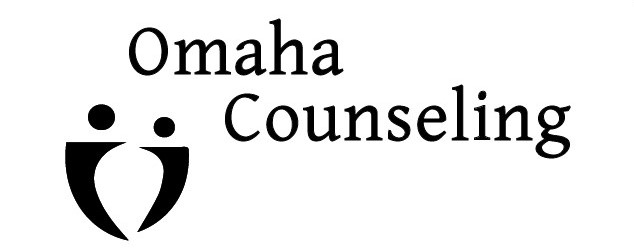During the second week in December, BuzzFeed News launched their own Mental Health Week in an effort to show how social media can influence how the world sees mental illness. They published more than 100 posts and 30 videos. Their Snapchat focused on mental health takeovers each day, and BuzzFeed Health’s channels were devoted to mental health content for the week.
BuzzFeed’s efforts to bring awareness to mental health is an important one. According to The National Alliance on Mental Illness (NAMI), nearly 1 in 4 Americans are affected by mental illness annually, and 1 in 17 lives with a major mental illness such as depression, bipolar disorder, or schizophrenia.
According to Forbes, it appears that the public is becoming more open-minded about mental illness, but there is still a lot of work to be done in order to educate people on the prevalence of mental illness. After receiving a diagnosis of mental illness, many people are fearful and self-conscious; they don’t want to tell those around them about their struggles because they are scared about how people will react.
But just as a person who has heart disease needs to take medication, those who have a mental illness also have a disease. The treatment involves therapy and sometimes even medication to control symptoms and prevent any worsening of their condition.
What BuzzFeed did with their Mental Health Week was to show how the media can also combat the stigma that comes from a lack of information. Their Mental Health Week succeeded by starting those difficult but long overdue conversations.
Mental health awareness should matter to everyone. People sometimes develop biases toward mental illness and those who live with it. That’s why it’s important to educate yourself and those around you about mental health. NAMI suggests that to help fight the stigma often associated with mental health, we can:
- Support those around us who suffer.
- Educate ourselves.
- Advocate for equal care.
Raising awareness on your own, as part of a small group, or part of your community can make a difference. Use the power of social media to help educate your friends and family. Try to see the person, not the illness.
Another way to take action is to talk with your state representatives. Ask why a mental health bill hasn’t been passed. Ask why the state isn’t spending more money on mental health issues. Republican leaders are turning to mental health reform in response to a pair of mass shootings in Colorado and California in the beginning of December; their new focus is on getting a bill passed pertaining to mental health.
If you feel you might be suffering from mental illness, the first step is to talk to someone who can offer guidance and information. Speaking with a counselor is a good place to start.
If you’d like to set up a time to meet up with Reka, you can contact her by phone at 402-881-8125, by email at reka@omaha-counseling.com, or via Twitter or Facebook.
—
photo credit: Harmony in Pink via photopin (license)


